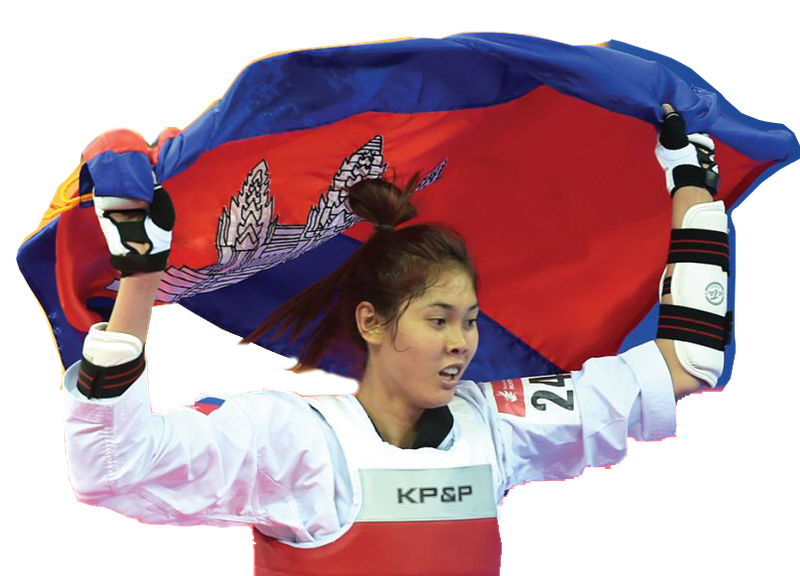Olympic Games
The Olympic Games are a major international event featuring summer and winter sports, in which thousands of athletes participate in a variety of competitions.
The Olympic Games have come to be regarded as the world’s foremost sports competition.
The Games are currently held every two years, with Summer and Winter Olympic Games alternating

The Summer Olympic Games or the Games of the Olympiad are an international multi-sport event, occurring every four years, organized by the International Olympic Committee. Medals are awarded in each event, with gold medals for first place, silver for second and bronze for third, a tradition that started in 1904.
The olympics have increased from a 42-event competition with fewer than 250 male athletes to a 300-event sporting celebration with over 10,000 competitors from 205 nations.
The Winter Olympics were also created due to the success of the summer Olympics.

In 2010, the Olympic Games were complemented by Youth Games, where athletes between the ages of 14 and 18 will compete and with a maximum of 3,500 Athletes and 1,500 officials. These Games will be shorter than the senior Games; the summer version will last twelve days.
The Youth Olympic Games were conceived by IOC president Jacques Rogge in 2001 and approved during the 119th Congress of the IOC. The first Summer Youth Games were held in Singapore from 14th –26th August 2010.
The sports to be contested will coincide with those scheduled for the traditional senior Games, however there will be a reduced number of disciplines and events.

The Winter Olympics were created to feature snow and ice sports that were logistically impossible to hold during the Summer Games. Figure skating (in 1908 and 1920) and ice hockey (in 1920) were featured as Olympic events at the Summer Olympics.
The IOC desired to expand this list of sports to encompass other winter activities. At the 1921 Olympic Congress, in Lausanne, it was decided to hold a winter version of the Olympic Games. A winter sports week (it was actually 11 days) was held in 1924 in Chamonix, France; this event became the first Winter Olympic Games.
The IOC mandated that the Winter Games be celebrated every four years on the same year as their summer counterpart. This tradition was upheld until the 1992 Games in Albertville, France; after that, beginning with the 1994 Games, the Winter Olympics were held on the third year of each Olympiad.

In 2010, the Olympic Games were complemented by Youth Games, where athletes between the ages of 14 and 18 will compete and with a maximum of 3,500 Athletes and 1,500 officials. These Games will be shorter than the senior Games the winter Games will last nine days.
The Youth Olympic Games were conceived by IOC president Jacques Rogge in 2001 and approved during the 119th Congress of the IOC.
The first Winter Youth Olympic Games were held in Innsbruck from 13th -22nd January 2012 The sports to be contested will coincide with those scheduled for the traditional senior Games, however there will be a reduced number of disciplines and events.
The 2016 Winter Youth Olympics will take place in Lillehammer, Norway from February 26 to March 6, 2016.
